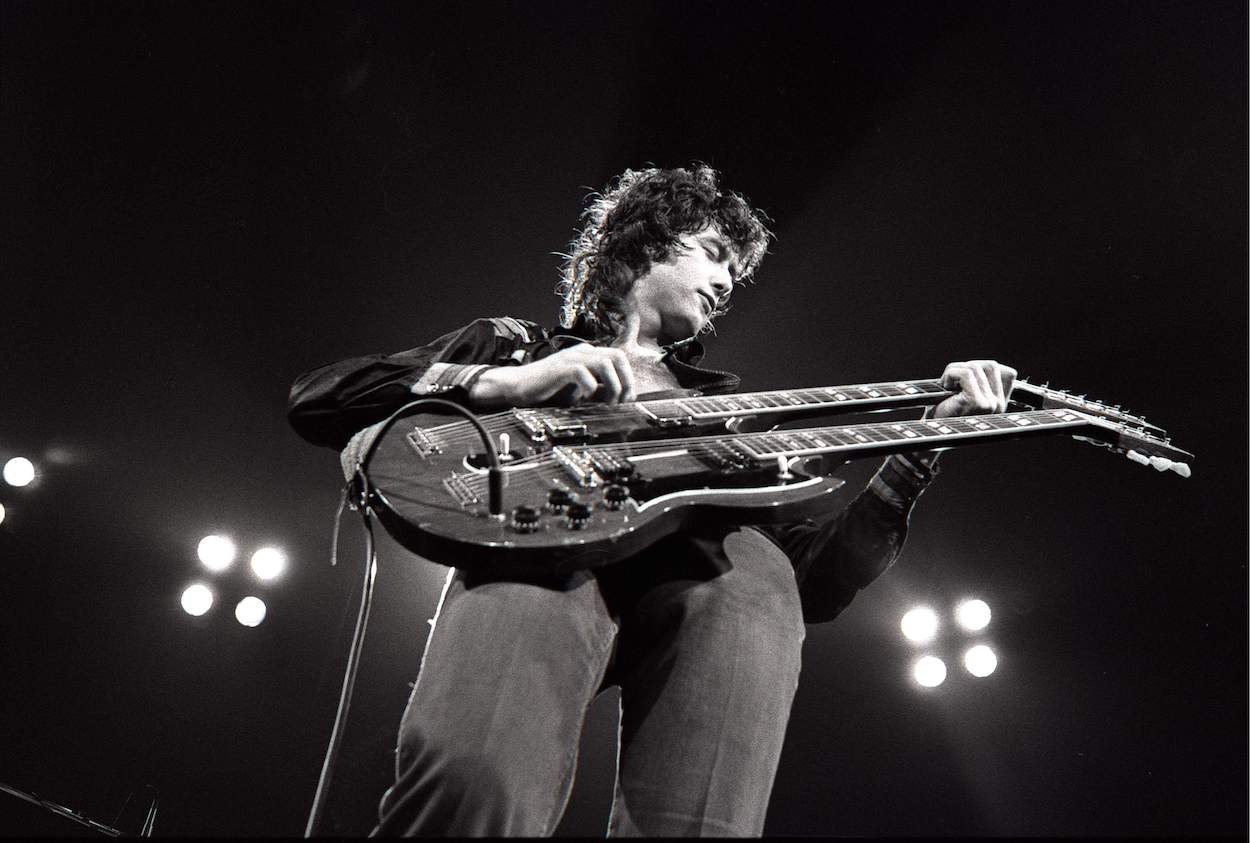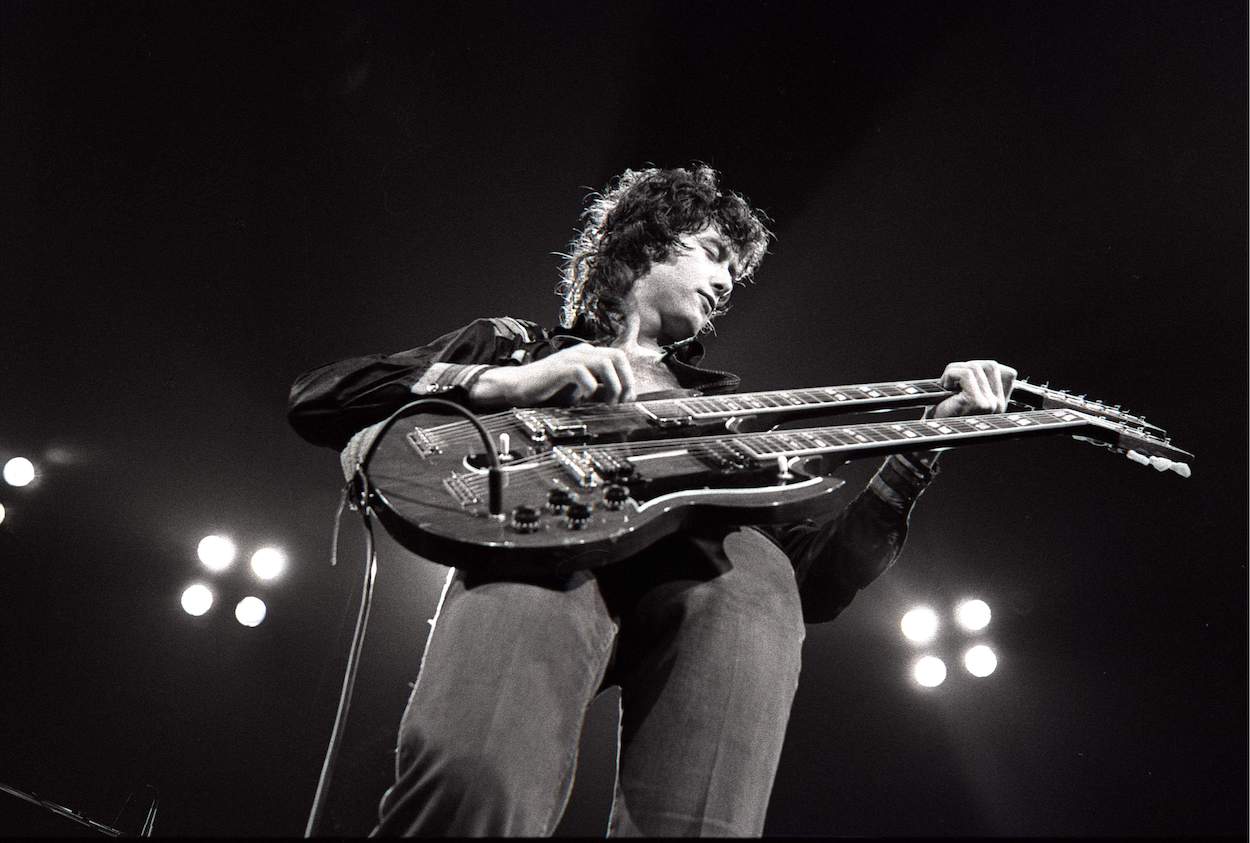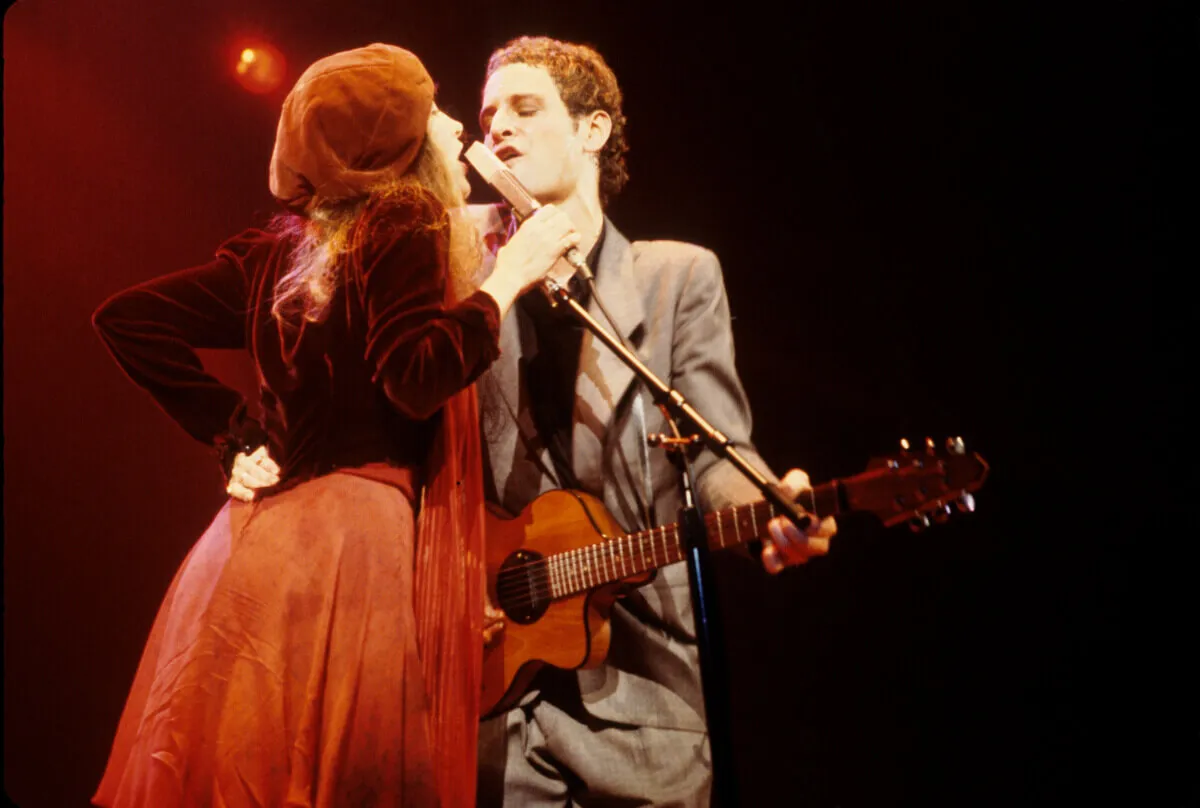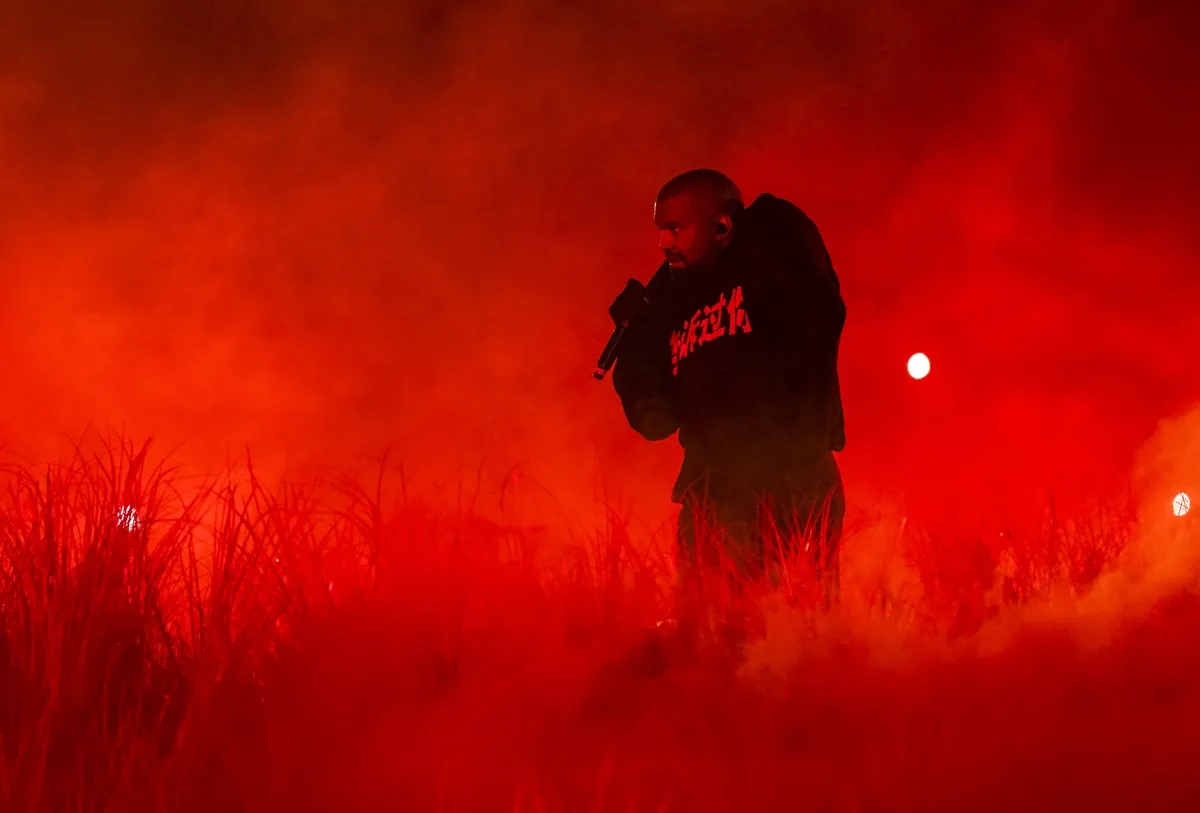
Jimmy Page ‘Had to Scream’ to Make His Point While Recording Led Zeppelin’s ‘You Shook Me’
Jimmy Page struck gold when he formed Led Zeppelin. He avoided disaster when he picked the band’s name over two terrible options, but that was just the start of his good fortune. Page joined forces with three talented bandmates, served as songwriter, lead guitarist, and producer for the group, and helped guide the band to international fame. There were some rough spots, such as a disastrous concert that lasted less than an hour and Page screaming to get his way while recording a song on Led Zeppelin I.

Jimmy Page experimented with unique musical sounds before he formed Led Zeppelin
Page turned down two invitations to join the Yardbirds in the 1960s. He preferred to remain a session musician to learn about recording techniques, such as mixing and mic placement. He eventually realized he had to quit being a session guitarist, and that’s when he finally joined.
Even without a band of his own, Page showed an interest in creating unique musical sounds. He used violin bows several times with Led Zeppelin. The first time Page bowed his guitar on a record was when he played on a movie soundtrack written by one of The Rolling Stones. Once he formed Led Zeppelin, he impressively used sparse and spartan equipment to produce all of the guitar tones on Zep’s first five albums.
Page and Led Zeppelin quickly recorded their debut album in late 1968. All told, it took less than 30 hours to get it done. The process might have been even quicker if Page didn’t have to scream to get the engineer to try a new recording technique.
Page ‘had to scream’ to get the engineer to use backward echo on ‘You Shook Me’
Page’s years as a session player and his personal interest in creating new sounds meant he knew more about recording techniques than your average musician. Recording engineer Glyn Johns must have missed the memo, because Page had to scream at him to get him to try something new.
Led Zeppelin used backward echo several times during their career. Their first crack at it came on “You Shook Me” from the debut album. The call-and-response between Page’s guitar and Robert Plant’s vocal toward the end of the song was the first time Zep used the technique, in which the echo of a note playing back to front precedes the note actually being played.
Page had to scream to get Johns to try it out, though, as George Case writes in Led Zeppelin FAQ:
“I had to scream, ‘Push the bloody fader up!’ And lo and behold, the effect worked perfectly. [Johns] just couldn’t accept that someone knew something that he didn’t, especially a musician. The funny thing is, Glyn did the next Stones album, and what was on it? Backward echo!”
Jimmy Page on why he had to scream while recording “You Shook Me”
Like Zep’s debut, The Rolling Stones’ Let It Bleed also hit shelves in 1969. The song “You Got the Silver” includes backward echo, just as “You Shook Me” did. Both Led Zeppelin and The Rolling Stones might have been late to the backtracking party, though. John Lennon bragged that The Beatles did it first with the B-side “Rain” in 1966. The technique was more widespread by 1969, but Page still had to scream at Johns to get his way while recording “You Shook Me.”
Led Zeppelin employed backward echo on one of their biggest hits
“You Shook Me” was the first time Led Zeppelin used the backward echo technique. They employed it again — more prominently and more extensively — on “Whole Lotta Love” from Led Zeppelin II. Unfortunately, the butchered single version of “Whole Lotta Love” in the U.S. single omitted the freakout in the middle section, which included the backward echo, and Page hated the results.
“I produced ‘Whole Lotta Love’ — and the entire second album — as an un-editable expression, a work that had to be aired on stereo FM to make sense,” Page once told the Wall Street Journal.
Zep — or rather recording engineer Andy Johns — employed echo on another hit song. John Bonham’s thunderous drum track on “When the Levee Breaks” used an echo filter to produce the sound.
Led Zeppelin incorporated echo — frontward and backward — throughout their career. It might all stem from Jimmy Page screaming to get his way while recording the band’s debut album.
For more on the entertainment world and exclusive interviews, subscribe to Showbiz Cheat Sheet’s YouTube channel.


